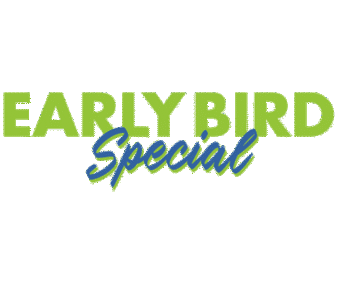Luis Jose Arenaz Villalba
Scientific director at FENOMATCH, Spain
Title: Facial biometrics with AI for donor selection
Biography
Biography: Luis Jose Arenaz Villalba
Abstract
How can we improve the donor selection to increase the resemblance between receptors and their offspring? It’s necessary to implement new algorithms including biometry distance measurements across family generations to improve donor selection according to the facial resemblance.
In order to improve this focus including facial biometric algorithms, several R and Phyton packages are available based on facial recognition and the probability of being the same person. Unfortunately, this approach is not valid as sorting images by biometric distances is needed to lead to a scientifically verified result. So, a new Data Scientist approach using specific and innovating methodologies with Big Data and Artificial Vision Technologies is required.
The Fenomatch algorithm, developed by Luis Arenaz, is capable of ranking potential donors by their facial resemblance to the patient (or the patient's partner). The algorithm focuses on features which are phenotypic, and was trained on photos of members of the same family.
The analysis is based on 12,208 data points and is designed to be used with other filters (ethnicity, eye colour, etc) in order to increase the likelihood of phenotypic resemblance between parents and donor-assisted children.
A scientific poster published at ESHRE in 2019 demonstrated that the results of the algorithm match human judgement in ~98% of cases. The algorithm is able to correctly identify family members in ~95% of cases.
Further testing of the algorithm has shown that it is able to correctly identify a pair of brothers when faced with a sample of 600 random human faces.
The Fenomatch donor selection platform, which combines the fenomatch facial matching algorithm with other industry-standard filters, including phenotypic traits (eye colour, hair colour, hair type, ethnicity, body type, height, etc) as well as carrier test results, hobbies and interests, etc. is used by the biggest clinics in Europe and around the world to improve the donor selection process and provide patients with peace-of-mind even in countries where legislation prohibits non-anonymous donation.

